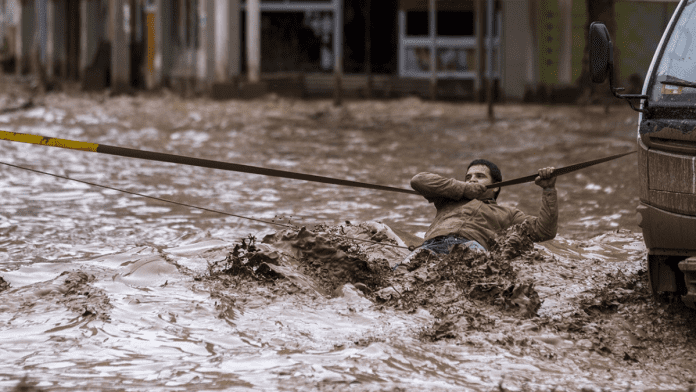News in brief: Heavy rains in Chile’s central south farming region caused up to $1 billion in agricultural losses, devastating orchards for both local supply and exports.
Chile estimates that the past week’s heavy rains in its central south farming region resulted in agricultural loss of up to $1 billion. Antonio Walker, president of the countryâs National Agricultural Society, made the disclosure to reporters after a meeting with the agriculture minister, Esteban Valenzuela.
Walker remarked on the extensive damage the weather wreaked on small, medium and large farmers, who supply the local market. He added that a lot of the countryâs orchards that are dedicated to export were destroyed in the rains. The fears for the sector are also further escalated in coming months by the dangerous trajectory of the El Nino phenomenon.
Chile had declared a state of emergency after the heavy rains wreaked havoc on mostly isolated communities, reportedly leaving at least three people dead. Chilean President, Gabriel Boric, also issued an agriculture emergency funding of about $8 million for nearly a hundred affected communities to help rebuild irrigation infrastructure, canal systems and others.
Besides the infrastructural damages that the rains caused, there were also losses of fruit and vegetable orchards and fodder for animals, which bumped up the estimated agricultural loss.
Local media reports say the rains caused damages to roads and bridges, and displaced more than 32,000 people. About 40 others were rescued by helicopter from flooded regions especially due to rising river levels.
It is the second major flooding in the country in two months. In late June, similar weather conditions resulted in widespread flooding that reportedly left at least two people dead.
Chile is a big agricultural and forestry exporter with shipments of fresh fruits and nuts, pulp, wine and wood among its major means of earning forex. Thus, Walker is calling for the government to take urgent measures before the southern spring comes in September, because it is crucial, when farmers will need to irrigate crops.



